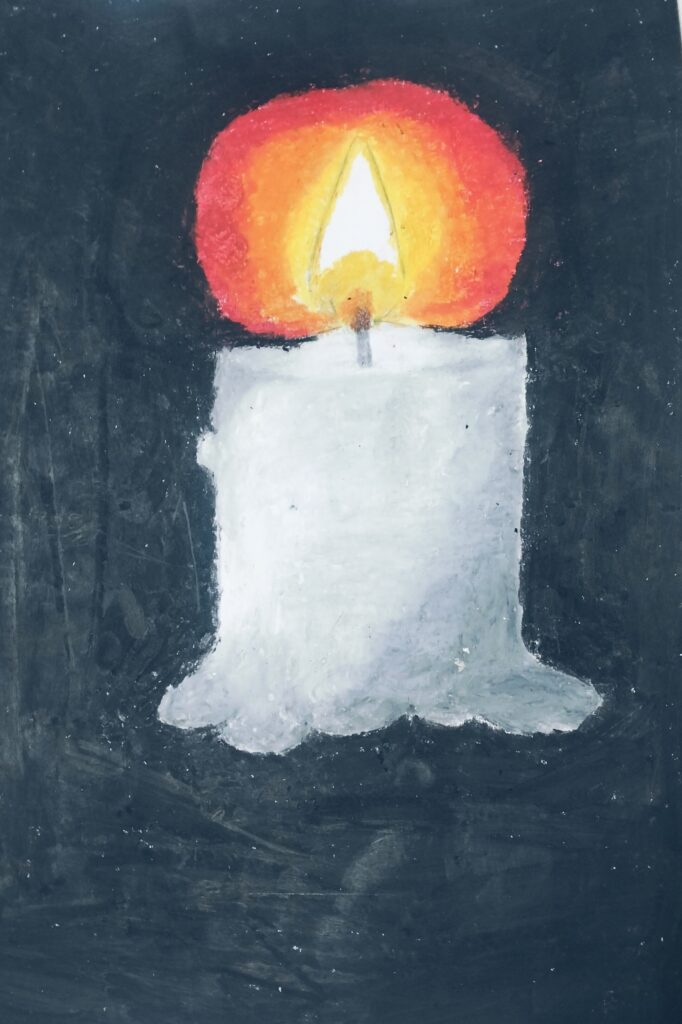Note: This essay was originally penned for the Tata Building India Essay Competition 2025-26. The theme of self-reliance, which has gained renewed prominence in recent years, led me to deliberate on Industry, Rural Empowerment, Innovation, Education and Sustainability as the five beacons illuminating the path to India’s self-reliant future. This composition is more than just a response to a prompt – it reflects my perspective as a student and voices the youth of India.
In his book “India 2020”, Dr. APJ Abdul Kalam, the Missile Man of India, shares his vision for India in 2050 as a knowledge-driven, innovation-led and self-sustained nation where science and technology play a pivotal role. To reach this utopian vision, a step has been taken in the form of Atmanirbhar Bharat (Self-Reliant India), which demands not only an economic mission but also a socio-cultural resurgence. We must begin to understand the importance of linking cultural and scientific heritage with modern technology through collective commitment and smart strategies. Hence, as a responsible student and as the future of India, I propose 5 ways to fulfill Dr. Kalam’s futuristic vision and to improve the acclivity of India in the coming years.
First, strengthening local manufacturing, i.e. the secondary sector of the Indian economy, is crucial to increase our self-reliance and to transform India into a global manufacturing hub. Whether it be semiconductors or sustainable textiles, India is making its mark in every emerging field. Thus, investments in infrastructure, skilled labour, technology-driven industries, etc. should be encouraged. This would reduce foreign dependence in the form of imports and would certainly boost exports. The secondary sector may not currently have the most employment or the highest share in GDP, but it has the highest potential to do so. Hence, innovative schemes like Make in India, Vocal for Local, Production-Linked Incentives (PLI), etc. should be promoted. These provide financial incentives to blooming businesses and stimulate domestic manufacturing, including the vital MSMEs.
Second, empowering rural India will increase the self-reliance of the country. This is because rural India is still home to a major chunk of the Indian population. People in villages tend to shift to cities in search of employment and education, abandoning their hometowns. Promoting agro-based and transport industries, improving irrigation, increasing storage facilities, etc. will reduce the underemployment prevalent in the primary sector and will stimulate income and self-reliance. Rural entrepreneurship must go hand-in-hand with digital connectivity to increase the reach of grassroots innovation and make rural innovators and tinkerers self-reliant.
Third, fostering innovations and startups is vital for creating a self-reliant India. Even though various national competitions like VVM, Olympiads, etc. identify and develop scientific temper in young minds at the ground level, not many of the achievers of such competitions come up with practical yet innovative startup ideas in their future. The emerging youth brims with curiosity and innovative ideas which hold the potential to change the world. Therefore, harnessing such blooming ideas and converting them into businesses through strong mentorship, research and funding is key to a self-reliant India. This can be done through innovative ecosystems like incubators in colleges, Shark Tanks and other business pitching initiatives by already established business personalities for future entrepreneurs.
Fourth, self-reliance can be brought even in the lives of young students by the provision of quality education and skill development. A self-reliant nation must first be a skilled one. Students’ ideas should not only solve existing problems but must also have the perfect balance between practicality and innovativeness. Policies like NEP 2020 and NCF 2023 stress on skill building like problem-solving, coding, AI, robotics, Financial Literacy, etc. early on for learners in an interactive and ‘no burden’ format. However, their true impact depends on their firm execution.
Fifth, true independence cannot be at the cost of the environment. India must increase dependence on ‘clean’ renewable energy and shift away from fossil fuels to lead in sustainable green technology. Eco-conscious policies, startups, etc. are the need of the hour to counter climate change. Therefore, the contribution of the youth, especially of students as ‘Green Ambassadors’ would be a step closer to sustainable self-reliance.
In conclusion, self-reliance is not isolation – it is, rather, the ‘standing strong on our feet’ and building valuable connections with the world on an equal level. Self-reliance is a community goal, for fulfilling which many more pivotal steps are required. Like Gandhiji once said, for India to truly become a trailblazer of self-reliance, Indian society mustn’t wait for change; instead, “be the change you wish to see in the world”. And this change begins now, one step at a time.






















